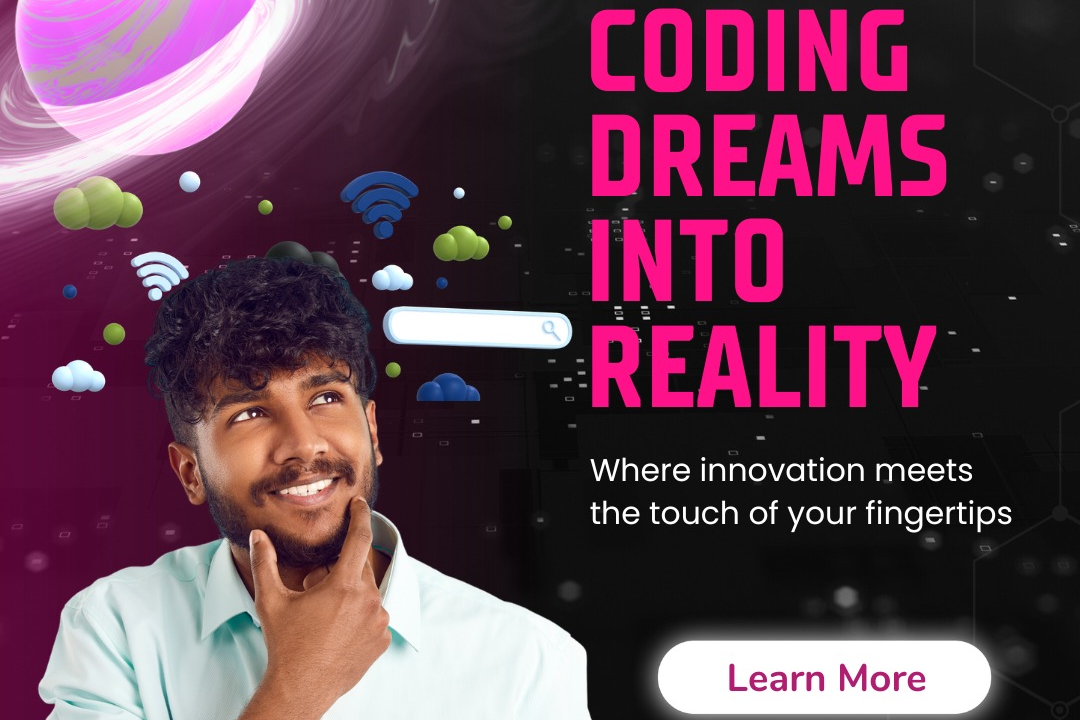Ios project management methodologies
iOS Project Management Approaches and Best Practices
Ios project management methodologies
iOS project management methodologies encompass various frameworks and practices designed to effectively oversee the development of applications for Apple's iOS platform. Common approaches include Agile, particularly Scrum and Kanban, which emphasize iterative progress, flexible response to changes, and collaboration among cross-functional teams. Agile methodologies allow for continuous feedback and rapid adjustments, crucial in the fast-evolving tech landscape. Waterfall, although less flexible, is also utilized for projects with clearly defined requirements and timelines. Furthermore, tools like JIRA, Trello, and Asana are often employed to facilitate task management, ensure transparent communication, and track progress. Ultimately, the choice of methodology depends on the project size, team structure, and specific client needs, aiming to deliver high-quality iOS applications efficiently and effectively.
To Download Our Brochure: https://www.justacademy.co/download-brochure-for-free
Message us for more information: +91 9987184296
1 - Waterfall Model: A linear and sequential approach where each phase must be completed before moving to the next. It's straightforward but inflexible in accommodating changes.
2) Agile Methodology: A flexible approach that promotes iterative development, where projects are broken down into small increments or sprints, allowing for adaptive planning and evolutionary development.
3) Scrum Framework: A subset of Agile, where teams work in fixed length iterations, called sprints. Scrum emphasizes collaboration, accountability, and constant feedback.
4) Kanban Method: A visual management tool for workflow optimization. Tasks are represented on a board, and team members pull work as capacity allows, aiming for continuous delivery.
5) Extreme Programming (XP): An Agile framework focused on improving software quality and responsiveness to changing customer requirements through frequent releases and test driven development.
6) Lean Software Development: Focuses on minimizing waste and maximizing value by adopting principles from lean manufacturing, aiming to deliver high quality products efficiently.
7) Feature Driven Development (FDD): An Agile methodology that focuses on delivering features in a structured manner. It combines aspects of Agile and traditional methodologies with a focus on modeling.
8) Dynamic Systems Development Method (DSDM): An Agile method focused on delivering business solutions on time and within budget. It emphasizes stakeholder involvement and the delivery of functional increments.
9) Rapid Application Development (RAD): Prioritizes quick development and iteration of prototypes over rigorous planning and testing phases. It’s commonly used for applications requiring rapid turnaround.
10) Scrumban: A hybrid of Scrum and Kanban principles. It allows teams to use the structure of Scrum while incorporating the flexibility and visual management of Kanban.
11) Design Thinking: A user centered methodology focused on empathizing with users, defining problems, ideating solutions, prototyping, and testing. It’s often used at the early stages of product design.
12) Crystal Methodology: Focuses on tailoring the project management approach to the specific characteristics of the project and its team. It emphasizes people, interactions, and the importance of communication.
13) Scaled Agile Framework (SAFe): A framework designed to scale Agile practices across large enterprises. It encourages alignment, collaboration, and delivery across multiple teams.
14) Extreme Programming (XP): Emphasizes customer satisfaction through frequent releases in short development cycles, which improves productivity and introduces checkpoints at which new customer requirements can be adopted.
15) Risk Driven Development: A methodology that prioritizes project work based on risk assessment, focusing first on the riskiest components to ensure that potential issues are addressed early in the development cycle.
16) Integrated Product Development (IPD): A collaborative approach that brings together various disciplines from the start of the project. It aims to streamline communication and collaboration among cross functional teams.
17) Project Management Institute (PMI) Standards: Based on the PMBOK Guide, it provides standardized processes and practices to manage project constraints, resources, and schedules effectively.
Each of these methodologies offers different strengths and can be chosen based on the specific needs and circumstances of an iOS project.
Browse our course links : https://www.justacademy.co/all-courses
To Join our FREE DEMO Session: Click Here
Contact Us for more info:
IntelliJ IDEA
Java For Beginners Mumbai
FLUTTER TRAINING in Marmagao
pmp exam content outline
Online Android development course











